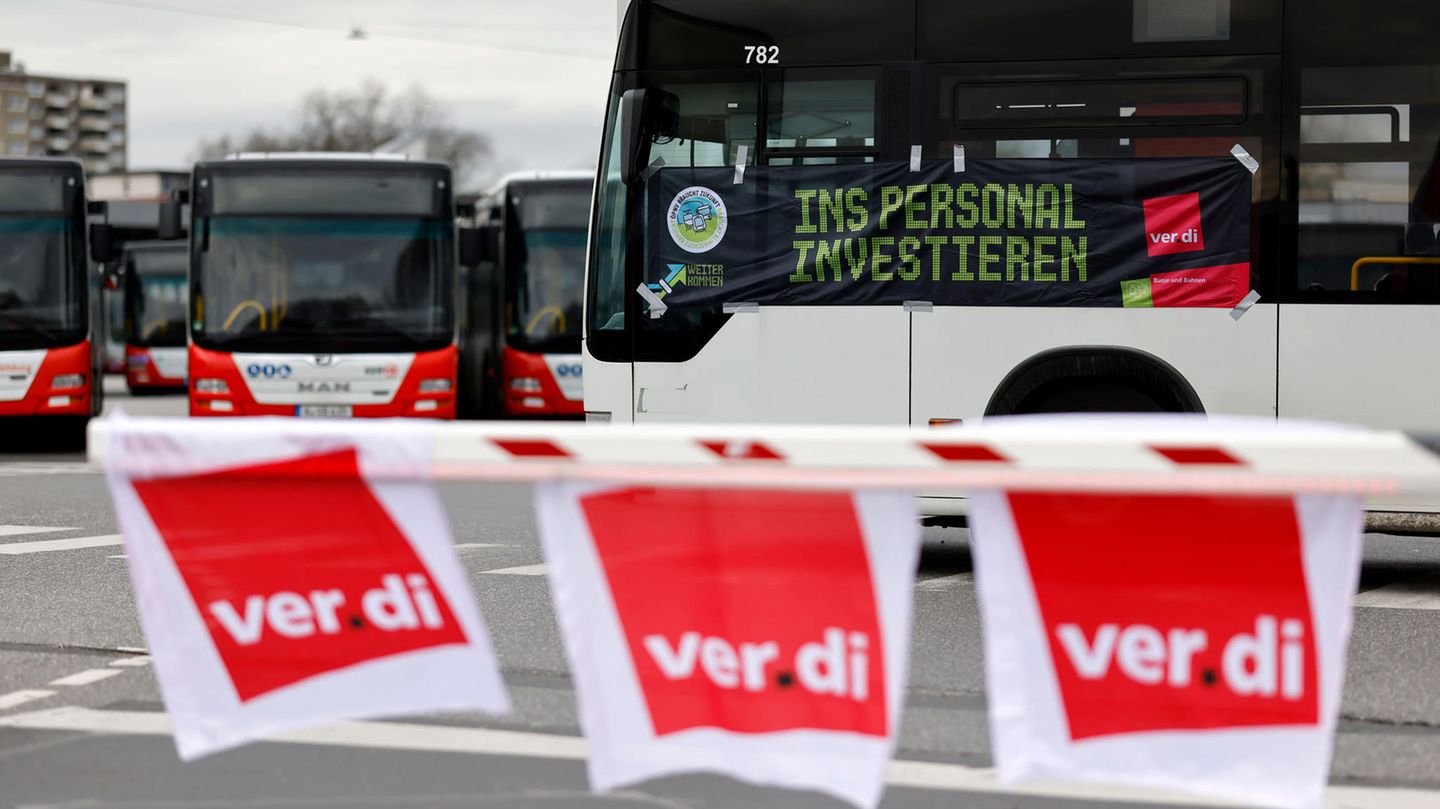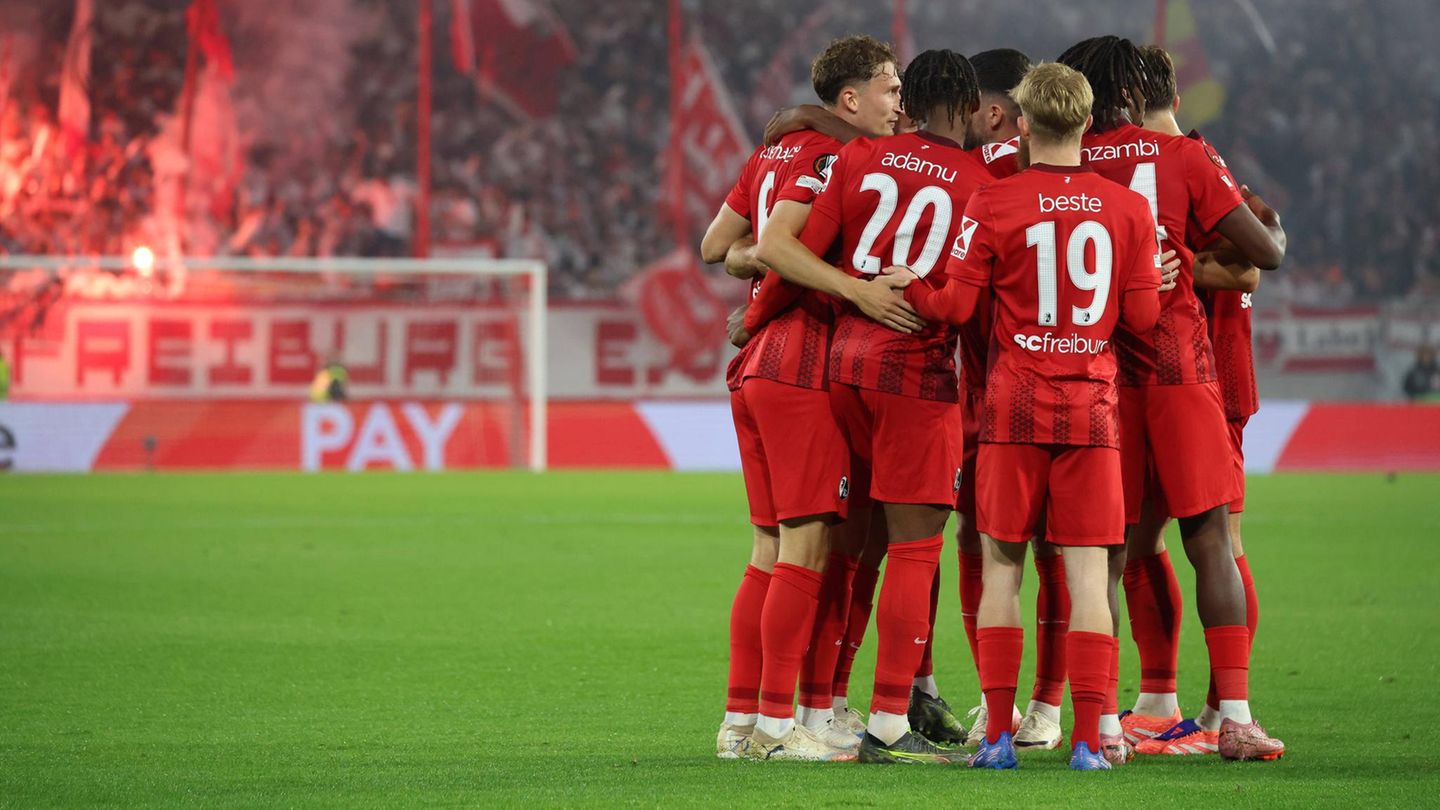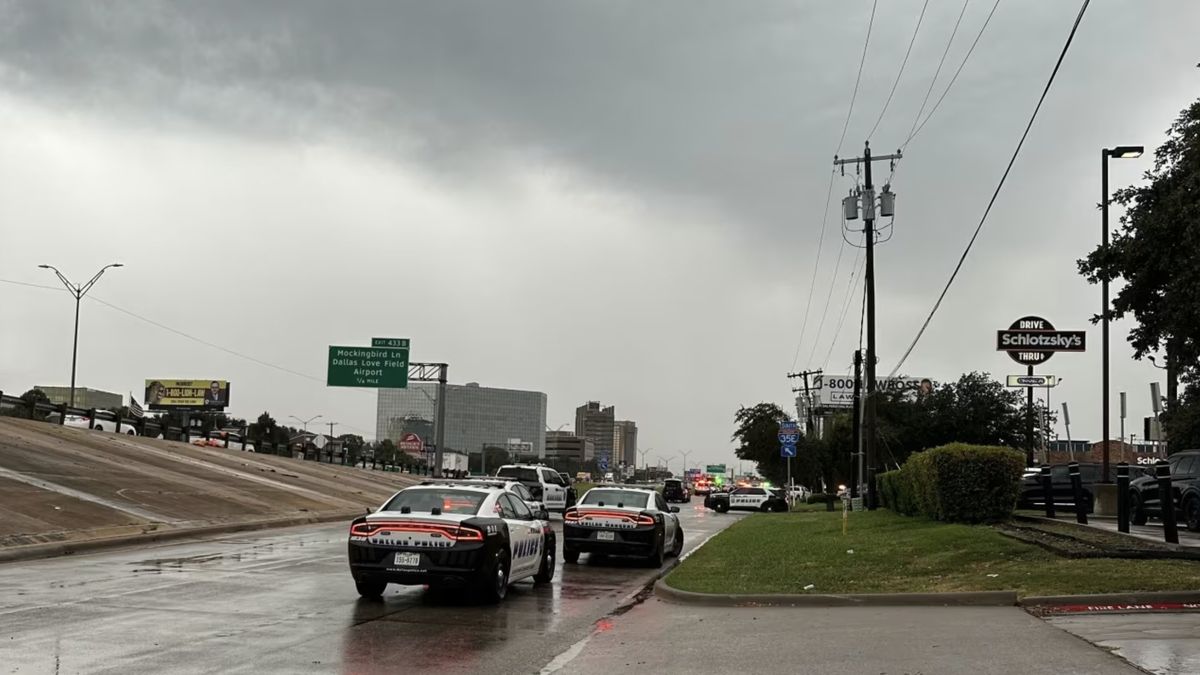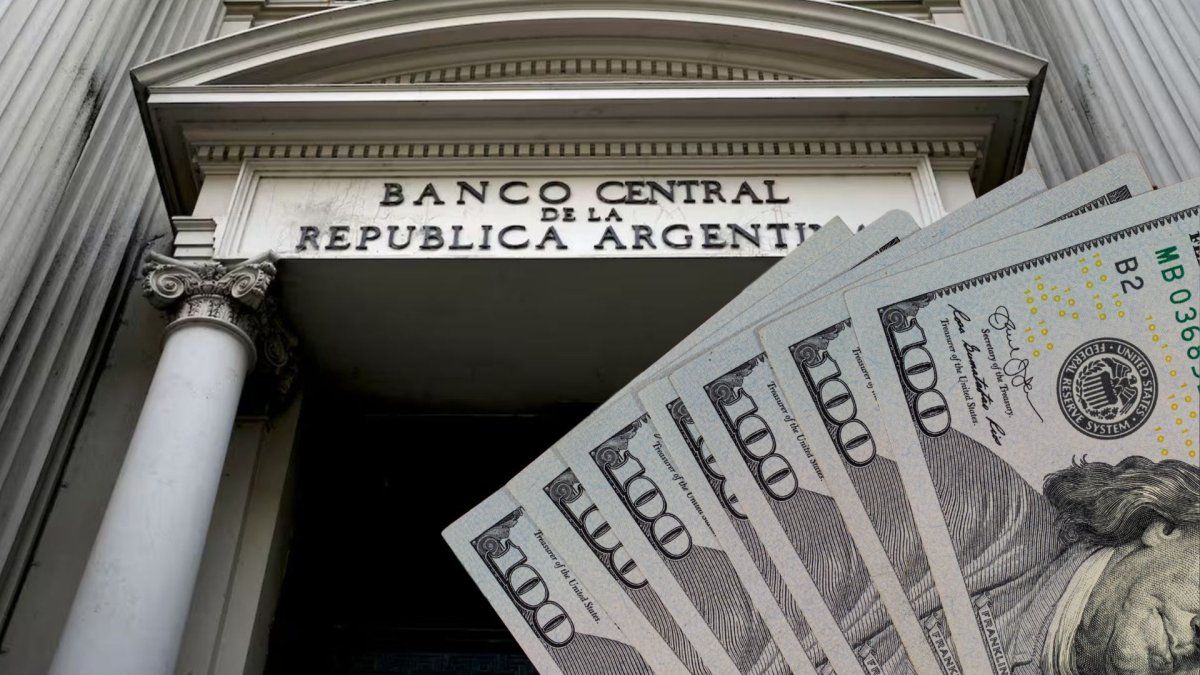As soon as the last warning strike is over, Verdi calls for the next one: In North Rhine-Westphalia, the union wants to paralyze local public transport again in the middle of next week. Verdi complains that the employers have not yet submitted an offer.
Millions of public transport passengers will again have to expect significant restrictions on trams, subways and buses in North Rhine-Westphalia on Tuesday and Wednesday next week. The Verdi union is calling on employees in around 30 municipal transport companies to go on a two-day warning strike, it announced on Friday. Almost all large local public transport companies such as KVB (Cologne), Rheinbahn (Düsseldorf), DSW21 (Dortmund) and the Münster municipal utility are on strike again.
The background is the collective bargaining over the working conditions of around 30,000 employees in the municipal transport companies. Two rounds of negotiations on the general collective agreement remained unsuccessful. According to Verdi, the positions are far apart.
Verdi: There is no employer offer
Verdi negotiator Heinz Rech again accused the employers of not having submitted an offer yet. “We want to create so much pressure that they understand that we can do even harder and that we should solve it at the negotiating table.” When asked about the support of the population, department head Andrea Becker said: “We get it, there is understanding, and of course it’s annoying.” When calling for better working conditions, she also referred to, among other things, high levels of sickness, a lack of skilled workers and investments.
Video clip “Completely paralyzed”
Train strike also in Miniatur Wunderland – with a lot of humor and irony
In the collective bargaining dispute, Verdi NRW has so far called for two one-day warning strikes at the beginning and middle of February as well as a two-day warning strike in around 30 municipal transport companies. The work stoppages had serious consequences. Trams and subways remained in the depots. Experience has shown that in many places there are only a few buses in the strike regions that are operated by private providers.
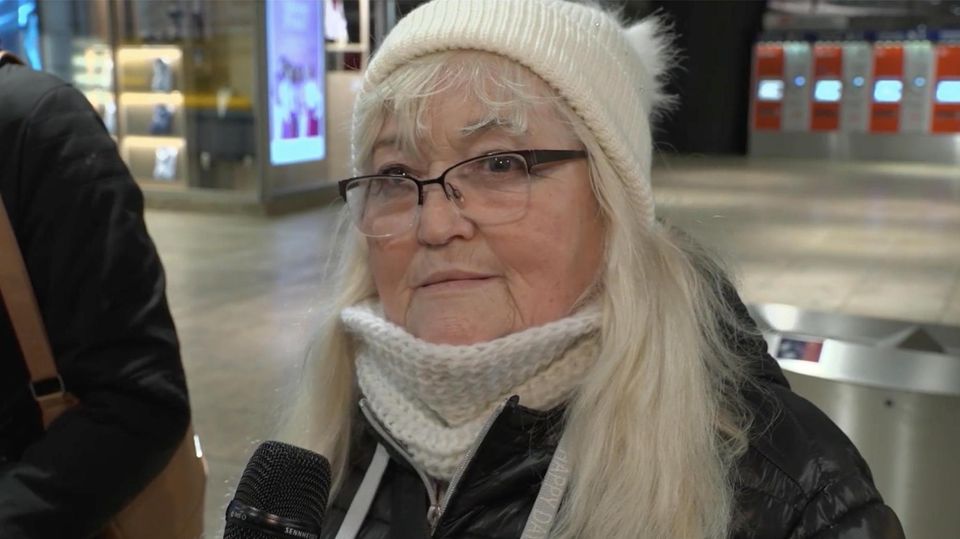
Verdi launched a wave of warning strikes in local transport almost nationwide this week – with the main strike day being Friday. Together with Fridays for Future, Verdi wants to set an example to demand more money for local transport.
Verdi wants to make jobs in local transport more attractive
Almost all large local public transport companies went on strike again on Thursday and Friday. An exception is the Aachen transport company Aseag, which has an in-house collective agreement. Verdi NRW also did not go on strike with some other local transport companies.
Among other things, Verdi is calling for additional days off to relieve the burden on employees and make the jobs more attractive. Buses and trains were canceled every day in all tariff areas because there were not enough staff. The employers’ association KAV NRW has pointed out that there is limited financial flexibility in the collective bargaining dispute at the state level. In addition, salaries increased significantly as of March 1st, as agreed a long time ago. Given the shortage of drivers, additional days off would mean that the remaining drivers would be put under more strain. The employers’ association recently expressed optimism that it would be able to agree an overall package with the union in the third round of collective bargaining.
Source: Stern
I have been working in the news industry for over 6 years, first as a reporter and now as an editor. I have covered politics extensively, and my work has appeared in major newspapers and online news outlets around the world. In addition to my writing, I also contribute regularly to 24 Hours World.

